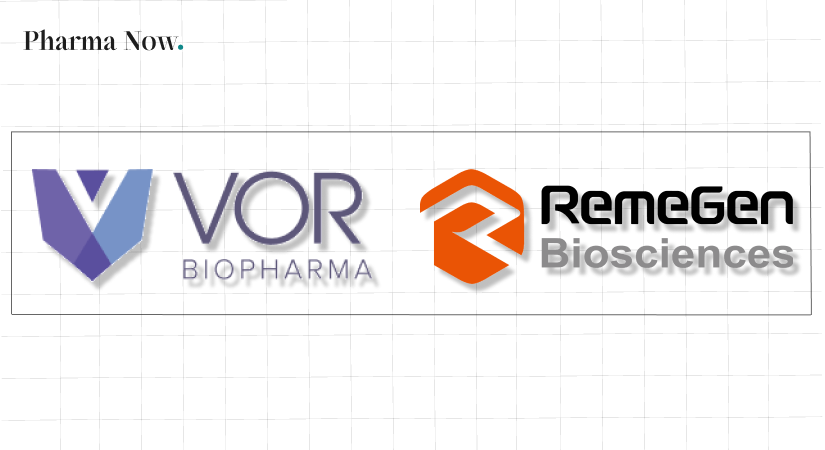Vor Bio Partner RemeGen Reports Strong 48-Week Data For Telitacicept In Generalized Myasthenia Gravis
Vor Bio and RemeGen report strong 48-week Phase 3 data for telitacicept in myasthenia gravis, showing sustained efficacy and safety.
Breaking News
Oct 30, 2025
Vaibhavi M.

Vor Bio, a clinical-stage biotechnology company advancing novel treatments for autoimmune diseases, announced that its collaborator, RemeGen Co., Ltd. presented new 48-week open-label extension (OLE) results from a Phase 3 trial in China evaluating telitacicept in patients with generalized myasthenia gravis (gMG). The original trial was a randomized, double-blind, placebo-controlled study involving patients positive for AChR-Ab or MuSK-Ab, followed by an OLE in which all participants received telitacicept 240 mg after the 24-week double-blind period.
“The strength and consistency of these results with telitacicept in China mark a major step forward as we look to redefine long-term disease control for patients living with generalized myasthenia gravis. Achieving sustained and meaningful improvements across both treatment and crossover groups sets a new standard of care expectation globally, especially with nearly eighty-seven percent of patients reaching six-point or greater gains in MG-ADL and over seventy-one percent reaching eight-point or greater gains in QMG,” said Jean-Paul Kress, M.D., Chief Executive Officer and Chairman of the Board. “With our global Phase 3 trial now enrolling across 14 countries, we are excited to build on this momentum and work toward delivering the same transformative benefits to patients worldwide.”
The primary endpoint assessed change from baseline in MG-ADL (Myasthenia Gravis Activities of Daily Living) score at 24 weeks, while secondary endpoints included MG-ADL and QMG (Quantitative Myasthenia Gravis) scores at multiple timepoints up to 48 weeks, and the proportion of patients achieving clinically meaningful improvement (≥3-point MG-ADL or ≥5-point QMG reduction).
At week 48, patients continuously treated with telitacicept showed a mean MG-ADL change of -7.5, while those who crossed over from placebo achieved -6.3, with 96.2% and 90.2% of patients, respectively, achieving meaningful improvement. For QMG, mean changes were -9.8 and -9.3, with similarly high responder rates. Telitacicept demonstrated a favorable safety profile, consistent with prior studies across autoimmune indications such as SLE, rheumatoid arthritis, Sjögren’s disease, and IgA nephropathy. No new safety concerns were identified, and injection site reactions were mild or absent, underscoring telitacicept’s tolerability and long-term potential in gMG.
